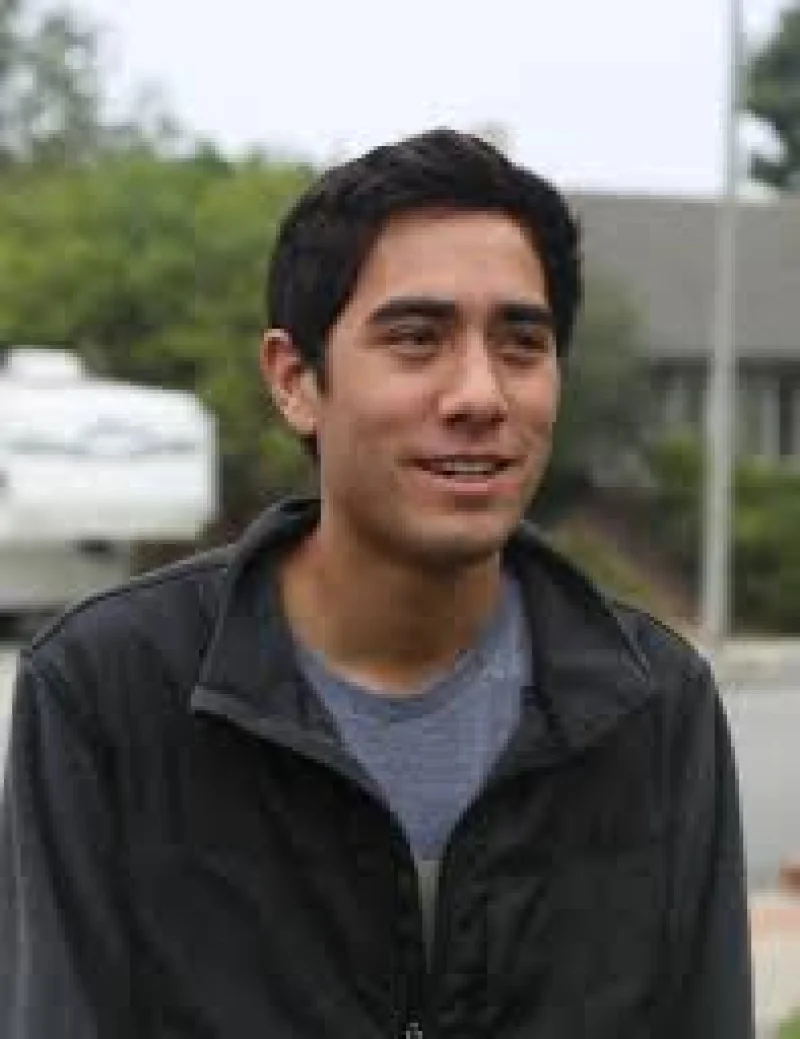Short Summary
Desmond Tutu was a South African Anglican bishop and social rights activist who gained worldwide recognition for his efforts in combating apartheid. He became a pivotal figure in the struggle for racial equality, and his leadership in nonviolent protest earned him the Nobel Peace Prize in 1984. Tutu's advocacy for justice and reconciliation made him a moral compass in South Africa and an influential voice globally, emphasizing human rights and the dignity of all individuals.
Early Life & Education
Desmond Mpilo Tutu was born on October 7, 1931, in Klerksdorp, a town in the North West Province of South Africa. He was the second child of Zachariah Zililo Tutu, an elementary school principal, and Aletta Tutu, a domestic worker. His family moved to Johannesburg when he was a child, where he attended Johannesburg Bantu High School. Initially aspiring to become a physician, financial constraints led him to pursue a career in education. Tutu attended the University of South Africa, earning a bachelor's degree in education before shifting his focus to theology, later studying at King's College London.
Career Highlights
Desmond Tutu began his career as a teacher before entering the ministry. He was ordained as an Anglican priest in 1960 and later became the first black Anglican Dean of Johannesburg in 1975. He was appointed the Bishop of Lesotho and subsequently the General Secretary of the South African Council of Churches. In 1986, he became the first black Archbishop of Cape Town, the highest position in the South African Anglican Church. Tutu was instrumental in the Truth and Reconciliation Commission, established to heal the nation post-apartheid by addressing past human rights abuses.
Major Achievements
- Won the Nobel Peace Prize in 1984 for his nonviolent opposition to apartheid.
- Became the first black Archbishop of Cape Town in 1986.
- Chaired the Truth and Reconciliation Commission in the 1990s.
- Authored several influential books on peace and social justice.
- Received numerous honorary degrees and international awards for his humanitarian work.
Famous Quotes
- "If you want peace, you don’t talk to your friends. You talk to your enemies."
- "Do your little bit of good where you are; it's those little bits of good put together that overwhelm the world."
Interesting Facts
- He originally trained as a teacher before turning to the priesthood.
- Tutu was known for his infectious laughter and sense of humor.
- He played a critical role in popularizing the term "Rainbow Nation" to describe post-apartheid South Africa.
- He was a staunch advocate for LGBT rights, often speaking out against discrimination.
- Tutu retired from public life in 2010 but continued to be a moral voice in global issues.
Legacy / Influence
Desmond Tutu's legacy is profound, as he remains a symbol of peace, justice, and reconciliation. His work in dismantling apartheid and fostering a culture of forgiveness and unity in South Africa has inspired movements for social justice worldwide. His emphasis on human rights and equality continues to influence global dialogues on morality and ethics.
FAQ
Q: Why is Desmond Tutu famous?
A: He is famous for his leadership in the anti-apartheid movement and his role in advocating for human rights and reconciliation.
Q: What award did he win for his efforts against apartheid?
A: Desmond Tutu won the Nobel Peace Prize in 1984.
Q: What was Tutu's role in the Truth and Reconciliation Commission?
A: He served as the chairperson, leading efforts to address human rights abuses during apartheid.
Q: Did Desmond Tutu write any books?
A: Yes, he authored several books, including works on peace, social justice, and his memoirs.











